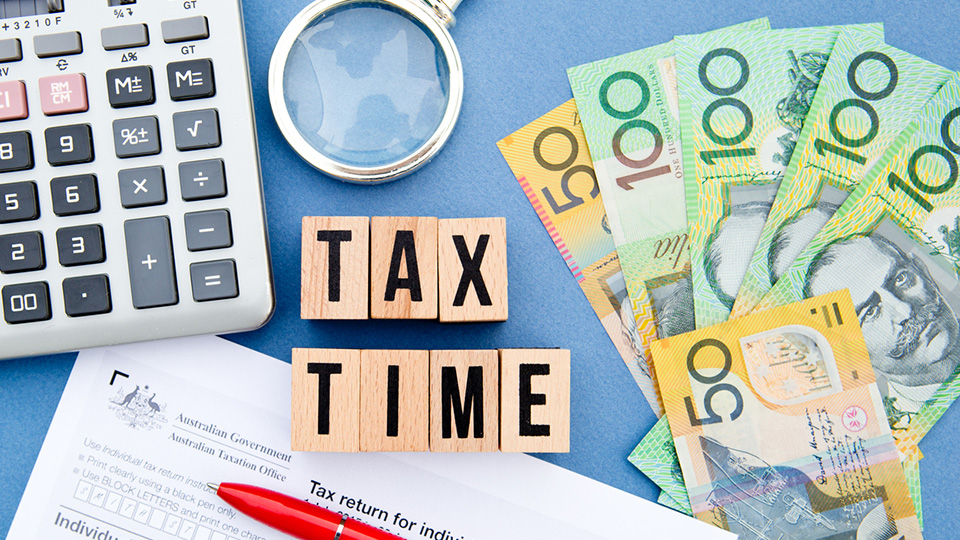July 14, 2017
Why is having a trust a good idea?

Discretionary trusts have become an increasingly popular vehicle for protecting assets, providing flexibility in distributing income and transferring wealth between generations.
In this article, we provide an overview of how they work, why you might consider setting one up, the tax implications and how we can help.
What is a trust?
A trust is a legal arrangement between three parties – the settlor, the trustee and the beneficiaries.
In simple terms, the settlor hands money or assets to a trustee, to hold on behalf of the beneficiaries.
The trust is not a legal entity in its own right, but rather the name for the legal arrangement between the three parties.
The trust’s assets may include cash, investments or even a business.
There are two main types of trusts: discretionary and fixed.
With discretionary trusts, profits can be distributed among beneficiaries at the trustee’s discretion with no one beneficiary possessing the right to demand it. Whereas, with fixed trusts, the beneficiaries have a “fixed interest”, so the amounts distributed are predetermined.
Why set up a trust?
Discretionary trusts, which are the most common type of trust, provide great asset protection. Assets are not held in the hands on any one beneficiary and therefore are far less likely to be at risk should a person face bankruptcy.
The trustee holds the assets and is liable for any liabilities the trust incurs. At LDB, we often use a company as the trustee, rather than a particular individual, as this provides the limited liability protections of the Corporations Act.
Discretionary trusts also provide greater flexibility in terms of the distribution of income and capital gains to beneficiaries.
“Because there’s an element of discretion, we can distribute the income each year to a person who is best suited to receive that money, and often that’s a tax-driven angle,” LDB Partner Luke Henry said.
“A typical scenario may be where you have a family operating a successful business via a discretionary trust. We’ll look to distribute the income between a husband and wife to use lower marginal tax thresholds. Say, in one year, the husband earns a lot of money from another source, we may choose to distribute 100 per cent of the profit to the wife in that year.”
Luke said nowadays, trusts were increasingly used to hold assets.
“We might have a trust that’s owning shares in a company running a business,” he said.
“That means the business is taxed at company tax rates, but we have the flexibility of distributing the profits to whomever we choose if it declares a dividend. This allows us to keep the assets outside of the family name. If something goes wrong and an individual is held liable, any assets that are in a discretionary trust can generally be protected from creditors.”
Luke said trusts were also a great vehicle for transferring wealth between generations.
“When someone passes, ordinarily their assets form part of an estate. A trust can continue to hold assets under specific instruction and have an effective life of 80 years,” he said.
What are the tax implications of having a trust?
The ability to distribute income and capital gains to beneficiaries at the trustee’s discretion can be highly tax-effective, with payments taxed at the beneficiary’s marginal tax rate.
Losses, however, cannot be distributed, nor offset by beneficiaries against other income.
Luke said one of the key differences between trusts and companies was that trusts were regarded as a “flow-through vehicle”.
“What that means is that the characteristics of the income that a trust earns remain with the trust and flow out to the beneficiaries,” he said.
“It is very rare for a trust to retain the income it receives as the tax rate is aligned to the top marginal tax rate for individuals.”
“If a trust receives tax credits, or is eligible for the capital gains tax 50 per cent discount for holding an asset for more than 12 months, those concessions can flow through the trust and out to the beneficiaries, whereas a company pays a flat rate of tax.
“Often, trusts are best suited to assets that are going to appreciate in value, in terms of capital growth, so we’ll often use them for growth investments.”
What’s the process?
The first step is to seek advice from LDB about whether a trust is in your best interests.
“We’ll often use trusts as part of a broader structure piece, so it may be that we’re using companies, fixed trusts and discretionary trusts as the best way to manage (the client’s) assets and achieve the best tax outcome,” Luke said.
Once LDB have determined the best structure for you they will do all the tricky legwork, like engaging a solicitor to draw up the trust deed and setting up the trust with its own ABN, tax file number and GST or PAYG withholding tax registrations.
Want to know more about trusts?
If you’re considering the best structure for your business or investments or you’d like to set up a trust, LDB can help.
To find out more, please call (03) 9875 2900 or send us details via the contact form below.





